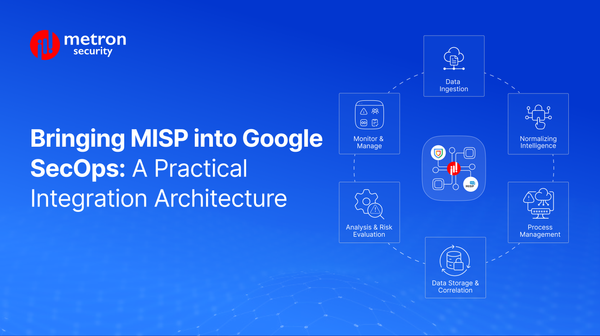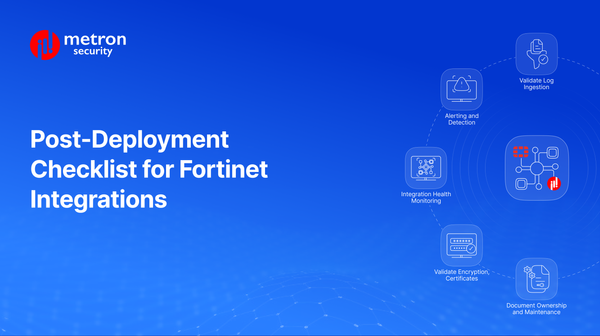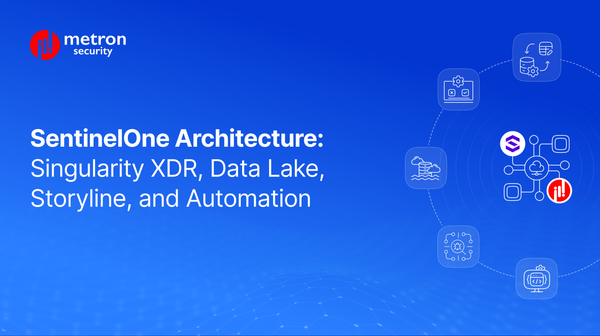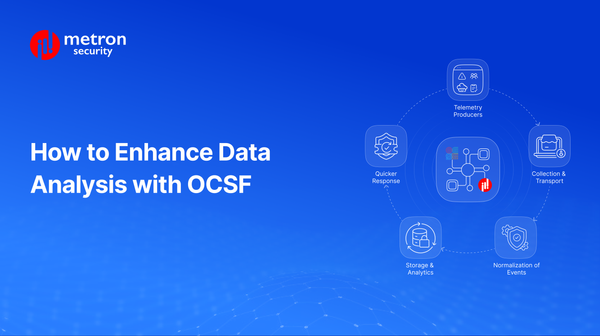ChatGPT: How did it respond to our questions about XDRs?
We give ChatGPT a few spins at answering questions about XDR.
Alexander Nachaj

We're living in an exciting time where machine learning is concerned.
Tools, such as Midjourney, which generate art based on user prompts have recently made headlines for winning top prizes at art competitions. There are also no fewer than a dozen text generators out there that do everything from follow prompts to mirror styles after a few lines have been fed into their system.
Our team recently had the opportunity to experiment with ChatGPT from OpenAI. While not a true artificial intelligence, the bot is trained to respond in an informative and conversational manner to the questions asked.
If you're not familiar with the tool, ChatGPT has nevertheless made headlines recently for its ability to respond to produce not only legible but, at times, impactful answers to its prompts.
Because we’re interested in all things technology related, we decided to give it a spin with a few prompts related specifically to our field and around the topic of XDRs.
Prompt 1: What is XDR?
In our first prompt, we asked ChatGPT, "What is XDR?" The answer can be seen in the screenshot below:
As you can see, the response which was given was remarkably coherent. While much of the text is fairly standard when it comes to reading descriptions of XDR produced by humans, it's more than workable and there aren't any big holes in it which would require any serious revisions.
Prompt 2: “How many integrations are required for an effective XDR?”
Our second question was "How many integrations are required for an effective XDR?" The answer appears below:
This answer is certainly interesting. It begins with a qualifying set of statements cautioning against a one-size-fits-all approach, and the need for a diversity of integration apps.
The two following paragraphs also follow from the points in the first. While the third paragraph begins to stray somewhat from the topic, it's nevertheless on point and provides a useful addendum about ensuring your integrations are updated.
Prompt 3: “How do you build an XDR integration?”
Our third and final question on the topic was "How do you build an XDR integration?" The answers are equally interesting below.
Just the format of the response here is actually remarkable for a Machine Learning generated response. We begin with a rough intro, followed by numbered steps, followed by the exhortation to again ensure that your integration is tested and updated.
Final Remarks
All in all, each of these three answers would be more than viable responses anyone could expect when researching answers to the questions we asked. While we cannot speak for ChatGPT’s ability to respond conversationally, we can attest that it can coherently answer questions about XDRs in a general sense with at the very least some attention to detail (and caution against overstating anything).
We may not quite be at the time when tools such as this will replace traditional copy written by humans, it looks like we are at least nearing the horizon when more and more will be.
About Metron Security
Metron Security provides on-demand and effective approaches to managing third-party integrations for security ecosystems. Since 2014, Metron has delivered automation solutions for over 200 security applications along with several hundred custom automation solutions.
Metron's is trusted by many of the world’s fastest-growing security companies and managed security service providers (MSSPs) owing to their transparent development processes, their expertise in understanding security products, and their fixed-cost model. Clients have experienced shorter development times and 2x-3x cost savings compared to deploying internal engineering teams for the same tasks.
Metron Security is headquartered in Novato, CA with development offices in Bangalore and Pune, India. Some of the scalable automation solutions we have built include: custom middleware to ingest various types of security events; Integration Lab; Custom playbooks for leading SOAR, building Security Data lake in leading platforms; and malware labs for security researchers.
For more information - shoot a message over to connect@metronlabs.com.









